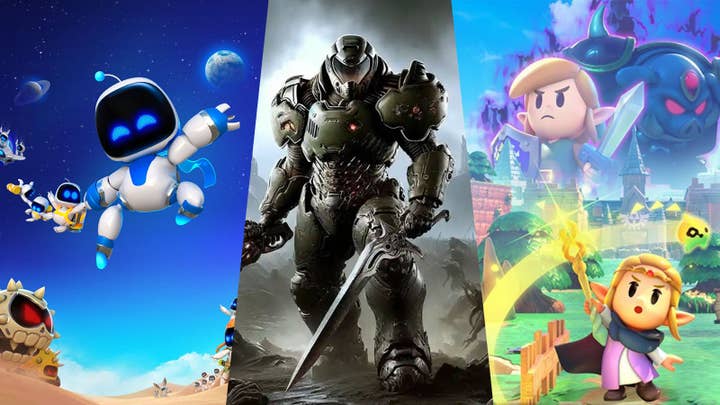Was E3 2024 a Source of Optimism for the Struggling Gaming Sector? | Analysis
The recent series of spring and summer game presentations were quite enjoyable to watch.
Even the PlayStation presentation, despite lacking major titles, still offered some intriguing content. Historically, Sony has often included trailers for games still in early development—or even games that had not yet commenced development, reminiscent of the Final Fantasy VII Remake announcement. This time, however, they showcased several games scheduled for release in the near future. Among these was Astro Bot, which I believe could be a strong contender for Game of the Year. While it wasn't the most thrilling showcase, all featured games are expected soon.
Xbox's presentation emerged as the standout event, encompassing a diverse range of titles. It included games slated for imminent release, ones for 2025, and even further down the line, along with authentic gameplay footage and some theatrical flair, highlighted by Fable. Additionally, Microsoft reaffirmed its dedication to Game Pass, dispelling any doubts about scaling back the subscription service. Now it remains to be seen if promises will be met.
Nintendo delivered surprising announcements. With the Switch nearing the end of its lifecycle, expectations were tempered for their June Direct. Still, revealing new Mario, Zelda, and Metroid games ignited enthusiasm among fans—even without additional details on the Pokémon Legends game slated from February. Many of these titles are coming soon, suggesting the Switch still has some life left.
From a personal perspective, the major titles on display were compelling. There are now at least ten AAA games on my radar that weren’t featured before May. With impressive trailers, like that of Doom, and innovative gameplay concepts, such as a Zelda game starring Zelda herself, these showcases have added much to my wishlist.
If you were curious about what revolutionary advancements the gaming industry has to offer, your questions likely remain unanswered after these events.
However, as a business journalist, I harbor concerns about the current state of the gaming industry, especially the AAA console segment. The recent showcases did little to alleviate my worries.
The persistent layoffs over the past 18 months are troubling. The announcement period followed significant job cuts at companies like Take-Two and Microsoft, and was immediately followed by reductions at Sumo Digital. Analysts predict another dreary year, reflected in the industry’s financial outlook for the current quarter.
The industry is in dire need of growth and innovative concepts to stir market excitement. Recent presentations, unfortunately, seemed lacking in this regard.
PlayStation's State of Play did not extend beyond 2024. Xbox’s showcase, though packed, presented many thematically similar games—predominantly shooters and fantasy adventures. It opened and closed with intense horror shooters like Doom and Gears of War, drawing fanfare but offering little variety in theme. Interesting titles like South of Midnight and Mixtape stood out, yet it felt largely fan-oriented.
Nintendo’s event followed a similar pattern with numerous remasters, another Mario Party, a new Zelda game only 18 months post the previous, and three Mario RPGs within a year. While enjoyable, these releases seemed targeted at the existing fanbase rather than broader audiences.
If you were curious about what revolutionary advancements the gaming industry has to offer, your questions likely remain unanswered after these events.
It's unrealistic to expect answers purely from games alone, especially without major hardware announcements like a new console, which traditionally sparks significant excitement. There is growing anticipation for potential hardware updates like the Switch 2 or rumored Xbox handheld from fans and insiders alike.
Geoff Keighley’s Summer Games Fest opening highlighted that major hits of 2024 may not stem from established AAA studios. Titles like Palworld, Helldivers 2, and Balatro exemplify how unexpected entries might become the next big thing. With over 700 games showcased recently, one of these might surprise us.
This period often leads me to gauge the industry's direction through the lens of major companies, expecting insights into the future of the medium as both an art form and business. Instead, it seems many AAA companies are choosing safe bets. Perhaps that’s a rational approach in these challenging times. Nonetheless, it's evident that potential disruptions, whether in business models, platforms, or experiences, are more likely to arise from smaller, innovative entities outside the big publishers.
